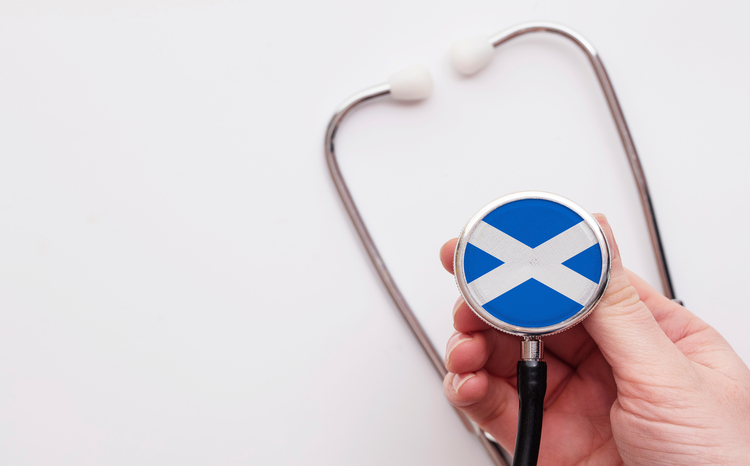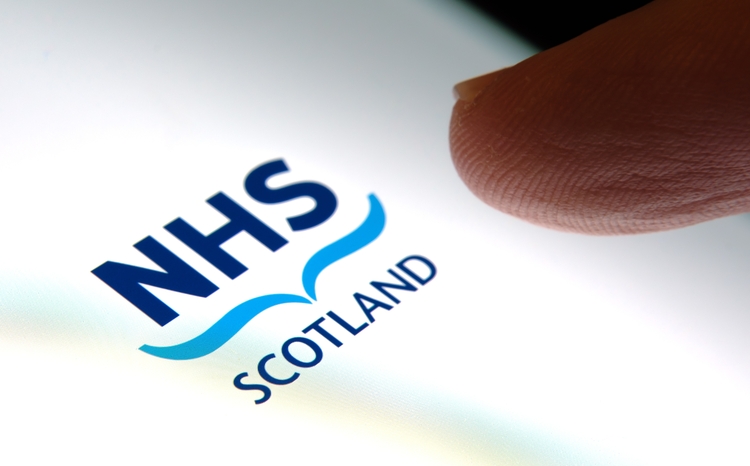NHS 24 cuts numbers of ‘call-backs’
- 28 February 2006
Scotland’s health advice helpline NHS 24 has reduced the percentage of ‘call-backs’ to patients to less than 20% from a high of more than 50%, tackling a key area identified by an independent review of the service last year.
The health advice and information service says figures for January show that ‘call backs’ to patients, where patients are asked to wait for a return call from NHS24 staff, were reduced to an average of 17% with figures expected to drop further this month.
Dr Chris Stewart, director of development for NHS24 and a GP in Edinburgh, said the helpline had managed to reduce the percentage of call backs, now described as ‘outbound calls’ by the service, thanks to a three-pronged approach. This has focused on education of the public about appropriate use of the service, improving efficiency with five new call centres set up and 100 new nurses recruited and closer working relationships with the rest of NHS Scotland to ensure capacity met demand.
He told EHI Primary Care: “I’m pleased that it’s going in the right direction. I don’t know if we could ever get to zero outbound calls and with a clinical service you would still want to have that as an option when it’s particularly busy but it is something we will continue to focus on.”
Dr Stewart said peak demand for NHS24 services is experienced on a Saturday morning when figures for one week in January showed 20% of callers receiving a return call. However he said figures for last weekend showed that number had fallen to 16% on Saturday morning, with much lower figures for the rest of the week. The service is predicting that figures will fall even lower in the coming week.
Dr Stewart said one of the ways in which NHS 24 was tackling demand was to work more closely with its NHS Scotland partners. For example on Saturday mornings some calls to NHS24 are now handled directly by local out of hours services.
NHS24 was the subject of a review last year after facing severe criticisms about its call handling service. The review team identified a series of key issues that needed to be tackled including difficulties in recruitment and retention of staff, problems transferring patients from NHS24 to other parts of NHS Scotland and the reliance on call-backs.
Call-back, the review said, was by far the most problematic issue and that in turn caused difficulties in a number of different ways.
“It was not designed to be used other than as an exceptional, temporary, planned method of dealing with low-priority calls. In fact it was soon – as early as 2002 – accepted as an integral part of the day-to-day service.”
The review listed the problems this created – first and foremost for anxious callers; for health boards arranging local out-of-hours clinical services; for nurses called away from dealing with live incoming calls to make return calls; and for the contact centres themselves that were designed quintessentially to receive and not to make calls.
Dr Stewart said outbound calls were only used for low risk patients, not for those judged to have ‘immediate care’ needs. Outbound calls are also prioritised with the aim of returning calls to the highest category of those put on call-back within 20 minutes and the lowest category of risk within 60 minutes. Statistics for January showed the service was meeting its 20 minute and 60 minute targets for 97% of patients. Dr Stewart said NHS24 was also answering 98% of calls within 30 seconds with the average time to call answering three seconds.
Related stories
NHS 24 report calls for radical review of helpline




